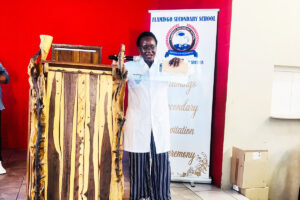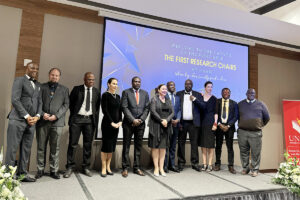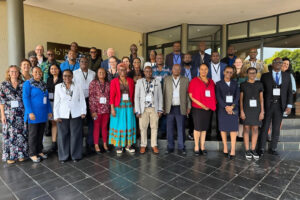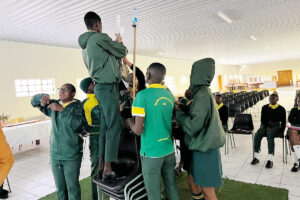Over 70 scientists and industry professionals from 16 countries gathered in Tromsø, Norway (4-6 June 2019) to launch the EU funded AquaVitae project. Over the next four years, they will work to increase aquaculture production of low-trophic species in and around the Atlantic Ocean in sustainable ways. AquaVitae is a new research and innovation project funded by the EU’s Horizon 2020 programme. The project consortium consists of 36 partners, from 16 different countries, spread across four continents. In addition to Europe, partners are situated in countries bordering the Atlantic Ocean, including Brazil, South Africa, Namibia, as well as in North America.
Eleven case studies will be conducted across the Atlantic, with emphasis on developing new products from low-trophic species e.g. macroalgae and sea urchins, optimising production in existing industries (e.g. shellfish and finfish) and moving towards zero waste and a circular economy in aquaculture.
UNAM, through the Department of Fisheries and Aquatic Science and SANUMARC, will carry out tasks related to nutritional value, market potential and consumer acceptance of new products from this project. “UNAM will also be involved in capacity building work package and there will be opportunities for student exchange and post graduate training” says Dr. Johannes Iitembu, a UNAM project participant.
The project is coordinated by Nofima-the Norwegian Institute of Food, Fisheries and Aquaculture Research. “It’s an exciting challenge to bring together industry and research partners from across the length and breadth of the Atlantic Ocean to address relevant societal challenges,” says project coordinator Dr. Philip James. This project has received funding (EUR 8 000 000.00) from the European Union’s Horizon 2020 Research and Innovation Programme.
Written by: Dr. J. Iitembu





